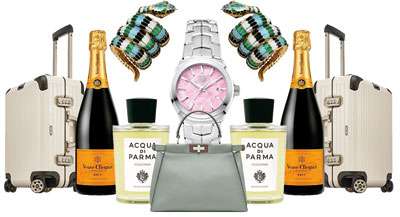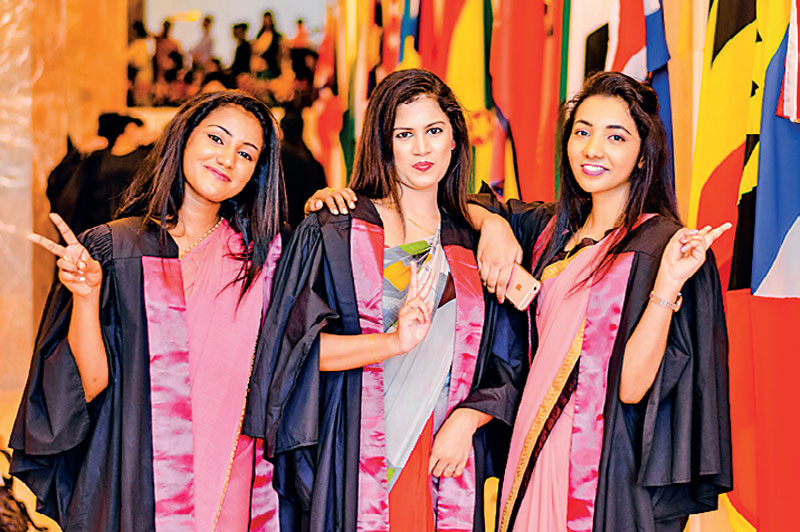Moët Hennessy Louis Vuitton
 The LVMH Group, which stands for Moët Hennessy Louis Vuitton, is a multinational conglomerate known for its luxury goods. It was founded through a series of mergers and acquisitions, and its history is a tale of growth and consolidation in the luxury industry.
The LVMH Group, which stands for Moët Hennessy Louis Vuitton, is a multinational conglomerate known for its luxury goods. It was founded through a series of mergers and acquisitions, and its history is a tale of growth and consolidation in the luxury industry.
Here is an overview of the history of LVMH and its owning brands:
Moët & Chandon: The origins of LVMH can be traced back to 1743 when wine and spirits merchant Claude Moët established his eponymous Champagne house in Épernay, France. In 1794, Pierre-Gabriel Chandon joined the company, and it became known as Moët & Chandon.
Hennessy: Meanwhile, in the Cognac region of France, Irishman Richard Hennessy founded the Hennessy distillery in 1765, specialising in the production of Cognac.
Louis Vuitton: In 1854, Louis Vuitton founded his eponymous luxury luggage and accessories brand in Paris. His trunks and bags quickly gained popularity for their innovative designs and quality craftsmanship.
Formation of LVMH: The modern LVMH Group was officially formed in 1987 when Louis Vuitton merged with Moët Hennessy, creating a luxury conglomerate. The merger was orchestrated by Bernard Arnault, a French billionaire businessman who became the chairman and CEO of the newly formed group.
Expansion and Acquisitions: Under Bernard Arnault’s leadership, LVMH embarked on an aggressive expansion strategy. The group acquired several luxury brands over the years, including:
Givenchy: Acquired in 1988, Givenchy is a French fashion and perfume house.
Céline: Acquired in 1996, Céline is a French luxury fashion brand.
Christian Dior: LVMH already owned shares in Christian Dior, but in 2017, it announced plans to simplify its ownership structure and buy the remaining shares.
Fendi: LVMH acquired a majority stake in Fendi in 2001, an Italian luxury fashion house known for its fur and leather goods.
Other Brands: LVMH Group continued to expand its portfolio and now owns numerous brands across various sectors, including fashion, jewellry, cosmetics, and spirits. Some other notable brands in its portfolio include Kenzo, Marc Jacobs, Sephora, Bulgari, Hublot, and Dom Pérignon, among others.
LVMH’s strategy has been to maintain the autonomy and unique identity of each brand while leveraging synergies within the group. This approach has made LVMH one of the largest and most influential players in the global luxury industry, encompassing a wide range of luxury products and experiences.
-Senal Warnakula (SW)









































.jpg)
.jpg)
.jpg)
.jpg)
.jpg)
.jpg)
